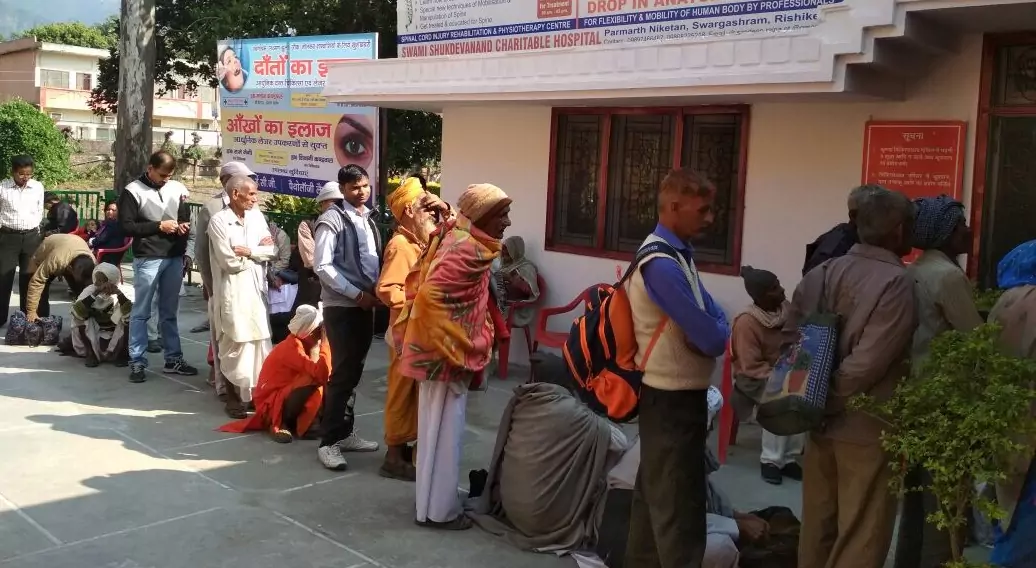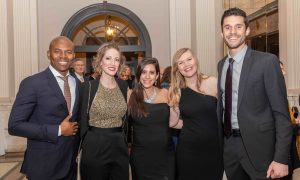“Let’s Make Giving Boring”
-
by
Inder Singal
We have all seen heartwarming pictures of hundreds of people lined up waiting patiently in front of a small, torn down building or hut bearing a huge sign reading, “Free Eye Camp, Doctors from the US providing free eye care.”
Back at the place where so much was happening just a few days prior, clean-up starts. There are many who keep on wandering in, hoping that they could be treated since they were not able to make it, only to find out the doctors had left. “When will the doctors be back?” they ask with obvious disappointment on their faces. Of course, no one knows. Some of the patients who received glasses are back trying to figure out if the glasses they received can be fixed to better fit their face, otherwise they are not able to use them. Some of the surgery patients are having trouble seeing and they have no idea what to do and nor does any of the people on the ground. Life returns to deprivation. A few are helped for sure but most of the inhabitants are still struggling with vision impairment as they were before the big Eye Camp.
The cost of these eye camps is astronomical. Usually it involves a group of ten to fifteen people traveling by air, room and board, equipment and finally the opportunity cost of missed work. A 2016 study published in Global Health estimated a cost of approximately $14k per doctor for a week of short-term mission work abroad. The total cost of US doctors traveling abroad to serve is in the billions. To put things in perspective, as per WHO vision report published in October 2019, the cost to help preventable vision impairment in the world is approximately $14.3 billion.
Imagine a world where all of us rethink how we serve patients in developing countries. What if we give up the instant gratification associated with dopamine and trade it with the unselfish, slow infusion of oxytocin? The cost of sending a local student to four years of medical school is approximately $30-40K, and two to three years of optometry school is approximately $10-15k. Each one of our short trips to offer eye care abroad could support education and training for many students who will return to serve their communities. True, our services are huge blessings to those in need and our expertise is cherished in these places, but our focus, as providers, truly needs to shift. Enabling adequate care and services to continue once we are gone should become and remain our foremost priority. No long lines. No excitement. No cheerful hugs. No selfish dopamine rush. Just boring oxytocin. Nonetheless, a true Eye Camp every day.





